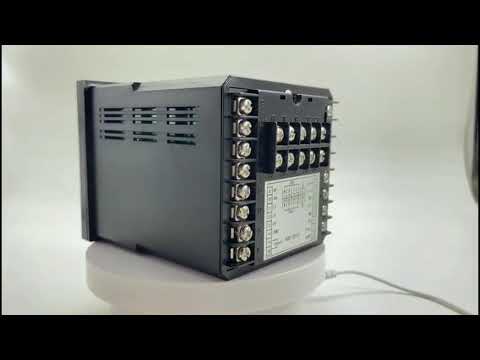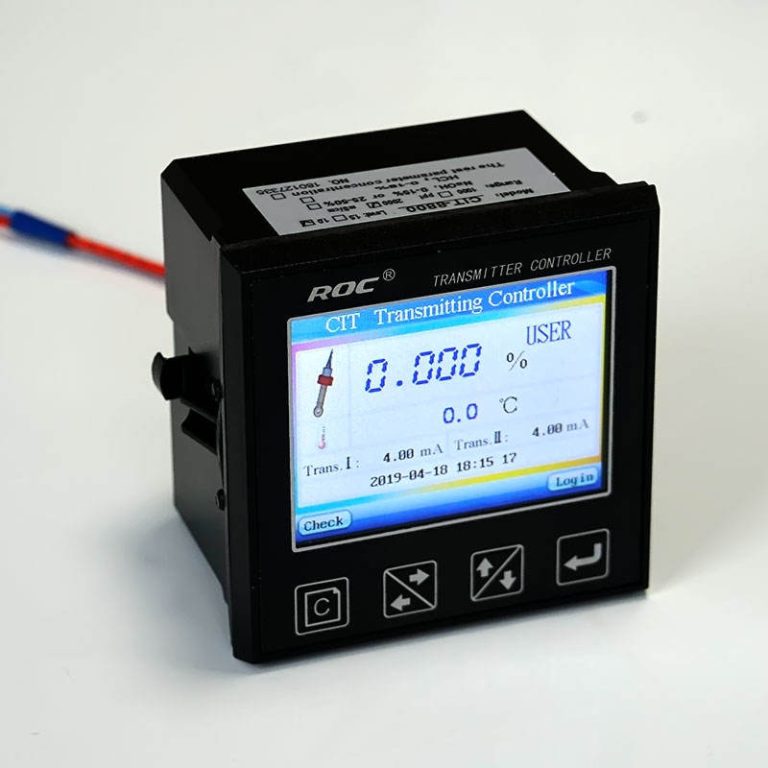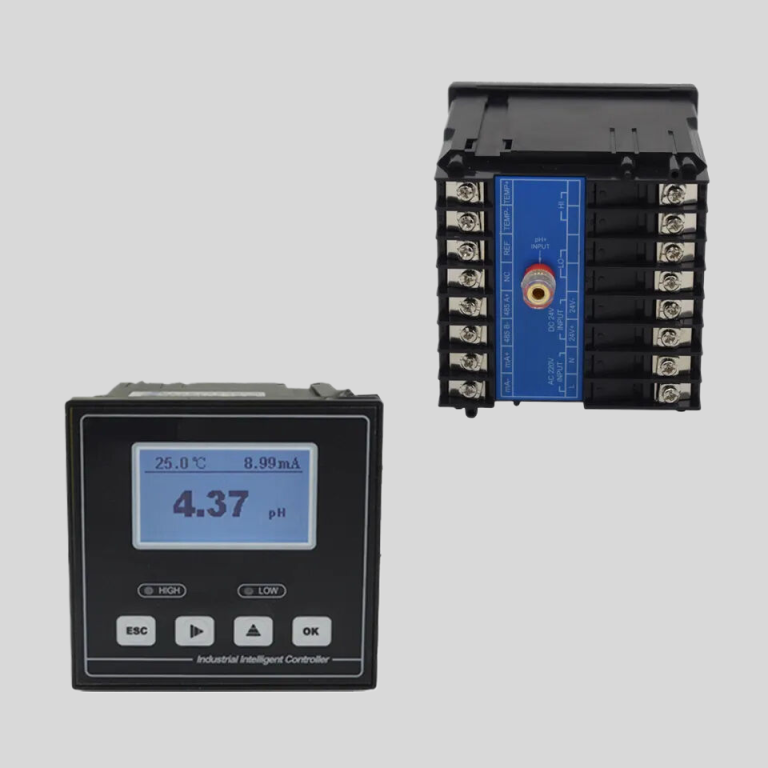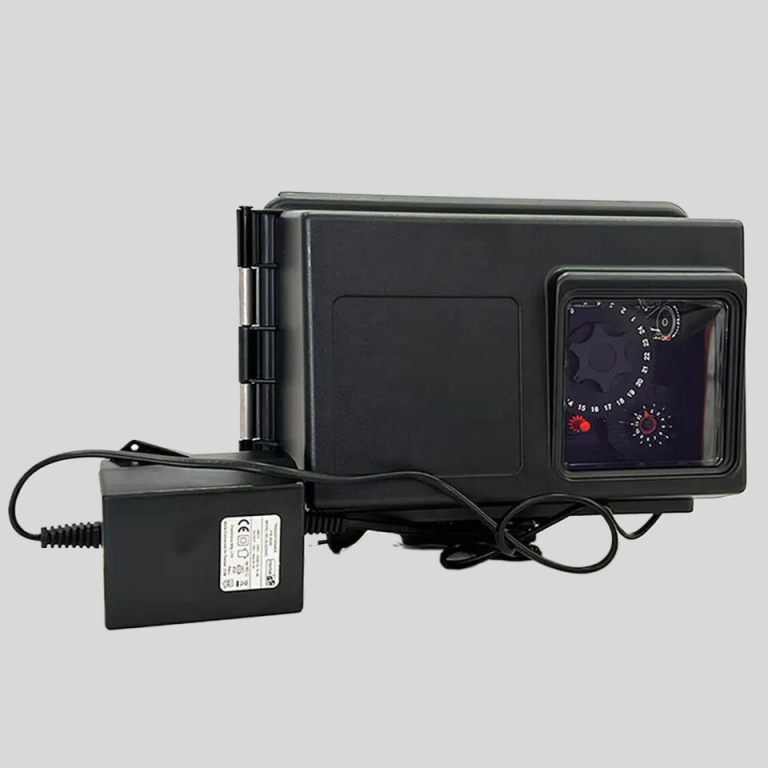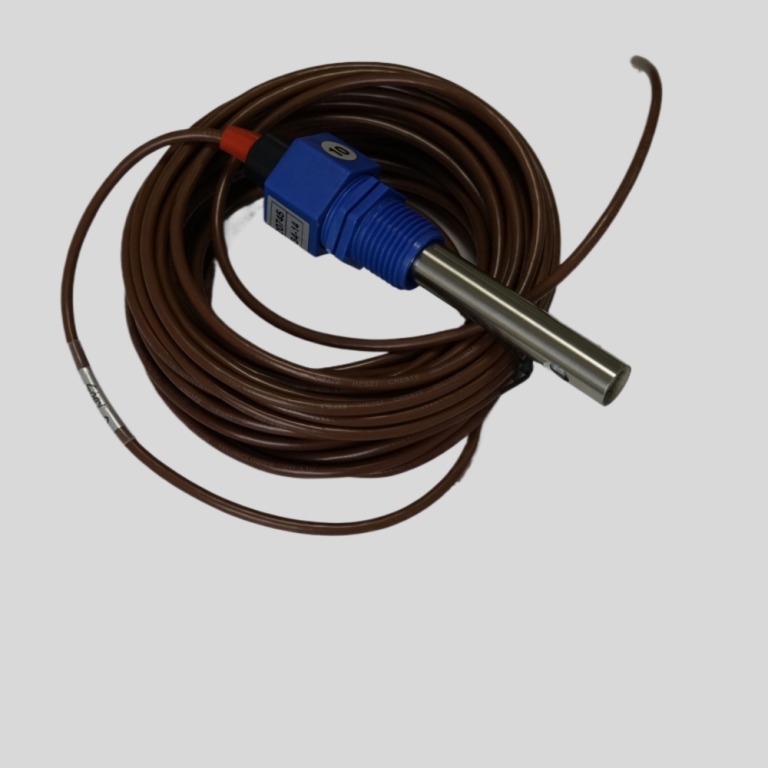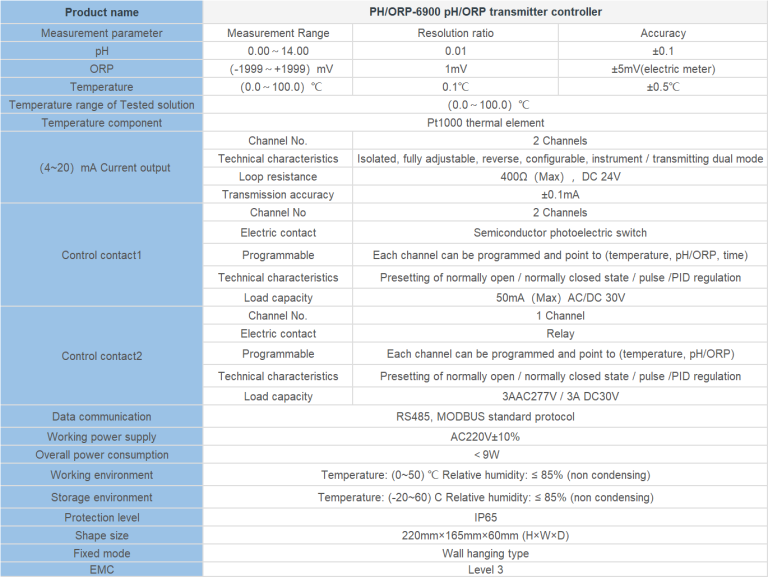“Maintain water pressure with a water softener.”
Impact of Water Softeners on Water Pressure
Water softeners are a common household appliance used to remove minerals such as calcium and magnesium from hard water. While they offer numerous benefits, such as preventing scale buildup in pipes and appliances, some homeowners may be concerned about the impact of water softeners on water pressure.
One of the main concerns regarding water softeners is whether they can affect water pressure in a home. The short answer is that yes, water softeners can have an impact on water pressure, but the extent of this impact will vary depending on several factors.
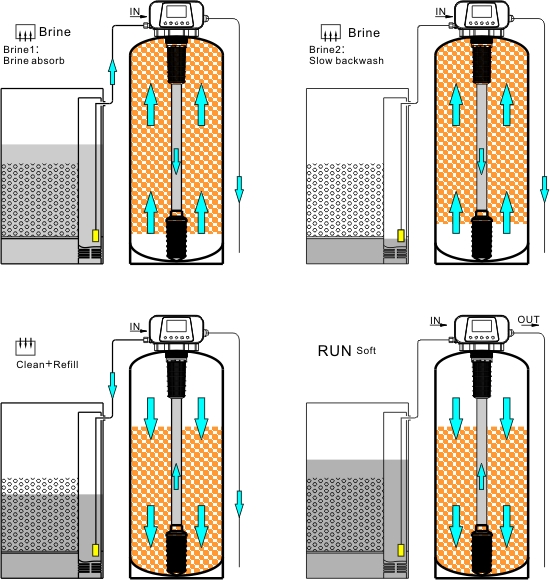
First and foremost, the type of water softener you have installed in your home can play a significant role in determining its impact on water pressure. There are two main types of water softeners: salt-based and salt-free. Salt-based water softeners work by exchanging calcium and magnesium ions with sodium ions, while salt-free water softeners use a different method, such as a filter or electromagnetic waves, to prevent scale buildup.
In general, salt-based water softeners are more likely to have an impact on water pressure compared to salt-free water softeners. This is because salt-based water softeners require a regeneration process where the resin bed is flushed with a brine solution to recharge it. During this regeneration process, water flow may be restricted, leading to a temporary decrease in water pressure. However, modern water softeners are designed to regenerate at night or during times of low water usage to minimize the impact on water pressure.
Another factor that can affect the impact of a water softener on water pressure is the size of the unit. Larger water softeners with a higher grain capacity are less likely to cause a noticeable decrease in water pressure compared to smaller units. This is because larger water softeners can handle a higher flow rate and are less likely to become overwhelmed during the regeneration process.
Additionally, the condition of your plumbing system can also influence the impact of a water softener on water pressure. If your pipes are old or corroded, they may already be restricting water flow, and the installation of a water softener could exacerbate this issue. In such cases, it may be necessary to address any plumbing issues before installing a water softener to ensure that water pressure is not significantly affected.
| Model | Central tube | Drain | Brine tank connector | Base | Power supply parameters | Maximum power | Pressure parameters | Operating temperature |
| 3900 | 3.5″(3″) O.D. | 2″NPTF | 1″NPTM | 6″-8UN | 24v,110v,220v-50Hz,60Hz | 171W | 2.1MPa | 1℃-43℃ |
| 0.14-0.84MPa |
It is important to note that while water softeners can have an impact on water pressure, this impact is typically minimal and temporary. Most homeowners do not notice a significant decrease in water pressure after installing a water softener, especially if the unit is properly sized and maintained.
In conclusion, water softeners can affect water pressure, but the extent of this impact will depend on factors such as the type of water softener, its size, and the condition of your plumbing system. If you are concerned about the impact of a water softener on water pressure, it is recommended to consult with a professional plumber to assess your specific situation and determine the best course of action. Ultimately, the benefits of using a water softener to improve water quality and extend the lifespan of your appliances often outweigh any minor decrease in water pressure.

